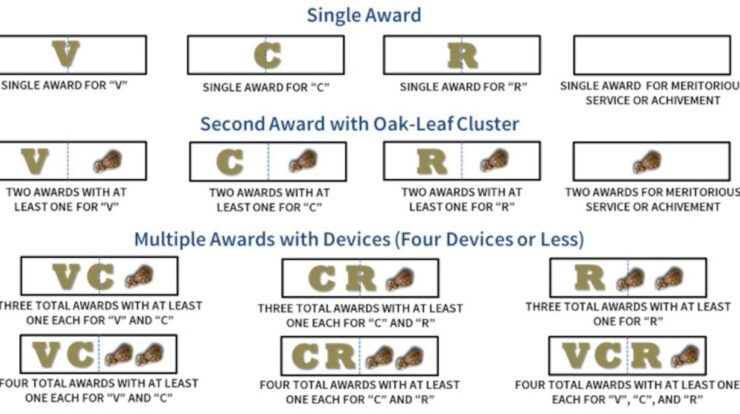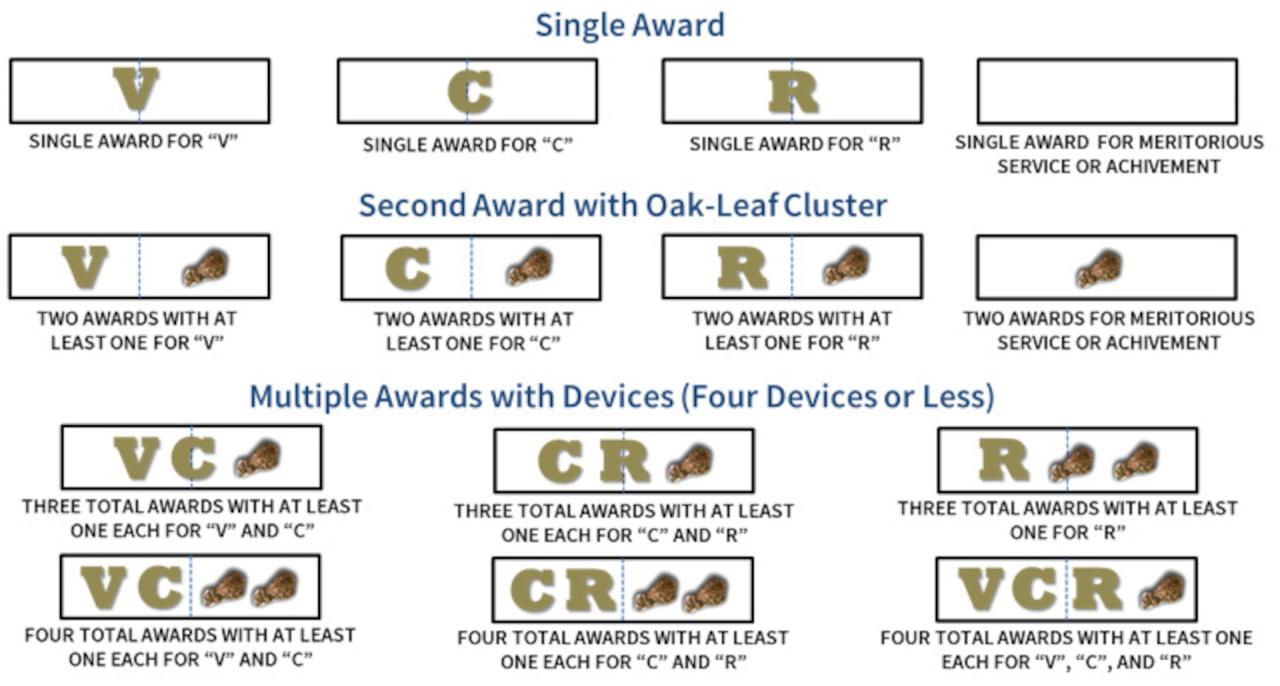
OLC meaning unveils the transformative power of open learning concepts, providing a comprehensive guide to this innovative educational approach. Embracing a spirit of inclusivity and accessibility, OLC empowers learners to acquire knowledge and skills beyond the confines of traditional classrooms, fostering lifelong learning journeys.
Open learning concepts have revolutionized education, offering flexible learning pathways, diverse course offerings, and cutting-edge technologies that cater to the evolving needs of learners in the 21st century.
OLC Meaning
OLC, short for Online Learning Community, refers to a virtual platform that facilitates learning and collaboration among individuals.
OLCs provide a digital space where learners can interact with each other, access course materials, participate in discussions, and engage with instructors and experts.
OLC in Different Contexts
OLCs are used in various contexts, including:
- Education:OLCs enable students to learn remotely, collaborate on projects, and receive support from instructors.
- Training and Development:OLCs provide a platform for employees to access training materials, participate in online courses, and connect with peers.
- Community Building:OLCs foster connections among individuals with shared interests, creating virtual communities for learning, networking, and support.
Benefits of OLC

OLCs offer numerous benefits, such as:
- Flexibility:OLCs allow learners to access content and participate in activities at their own pace and schedule.
- Collaboration:OLCs facilitate collaboration and peer-to-peer learning through online discussions, group projects, and virtual study groups.
- Accessibility:OLCs make learning accessible to individuals who may face geographical, financial, or time constraints.
OLC Techniques
OLCs employ various techniques to enhance learning, including:
- Asynchronous Learning:Learners can access materials and participate in activities at their own time and pace.
- Synchronous Learning:Real-time online sessions allow for live interactions between learners and instructors.
- Interactive Content:OLCs incorporate interactive elements such as simulations, videos, and quizzes to engage learners.
Challenges of OLC: Olc Meaning

OLCs also face challenges, such as:
- Lack of Face-to-Face Interaction:OLCs may limit opportunities for in-person interactions, which can impact the social and emotional aspects of learning.
- Technical Issues:Technical difficulties, such as internet connectivity problems, can hinder access to OLC resources.
- Self-Discipline:OLCs require learners to be self-disciplined and motivated to succeed in a virtual environment.
Future of OLC
OLCs are expected to continue evolving with advancements in technology:
- Virtual Reality and Augmented Reality:These technologies will enhance the immersive learning experience in OLCs.
- Artificial Intelligence:AI-powered tools will personalize learning, provide real-time feedback, and improve accessibility.
- Adaptive Learning:OLCs will become more responsive to individual learning styles and adapt content accordingly.
End of Discussion
In conclusion, OLC meaning encompasses a dynamic and ever-evolving educational landscape, where learners are empowered to take ownership of their learning journeys. As technology continues to advance and educational practices adapt, OLC will undoubtedly play an increasingly pivotal role in shaping the future of education, fostering a more equitable and accessible learning environment for all.
Questions Often Asked
What is the core principle of OLC?
OLC emphasizes open access to educational resources, flexible learning pathways, and learner-centered approaches.
How does OLC benefit learners?
OLC empowers learners with greater control over their learning pace, location, and choice of courses, promoting self-directed and lifelong learning.
What are the challenges associated with OLC?
Challenges include ensuring quality control, providing adequate learner support, and addressing digital equity issues.
What is the future of OLC?
OLC is expected to continue expanding, with advancements in technology, personalized learning experiences, and increased recognition of its value in formal education systems.






